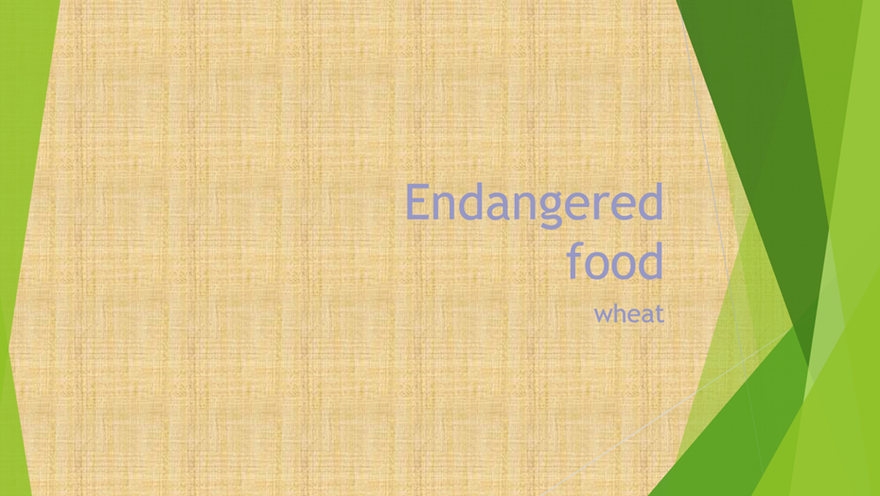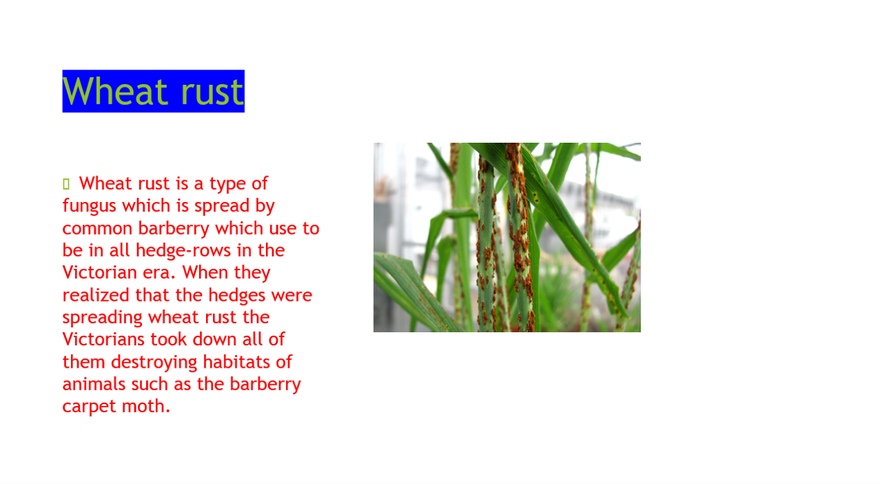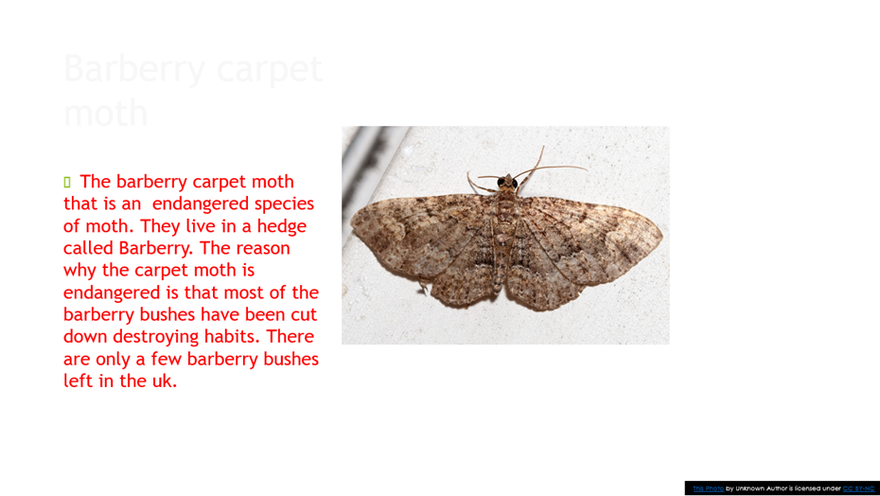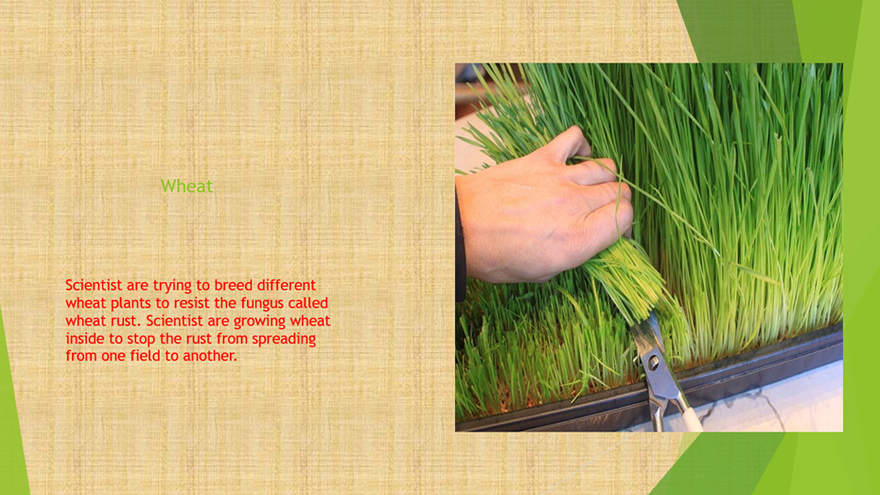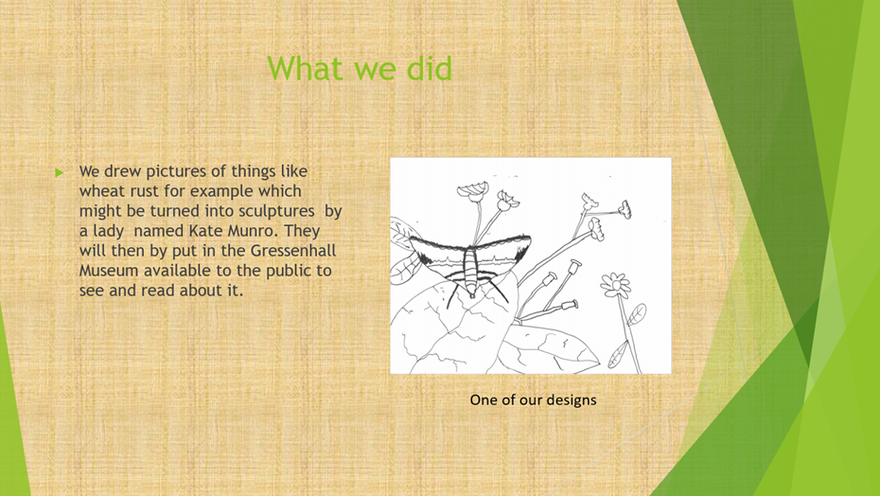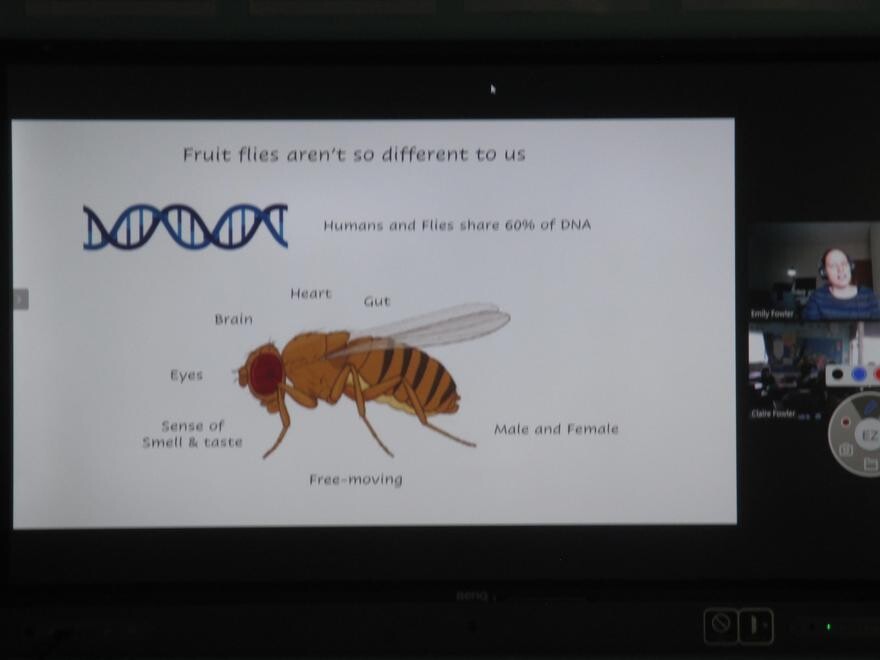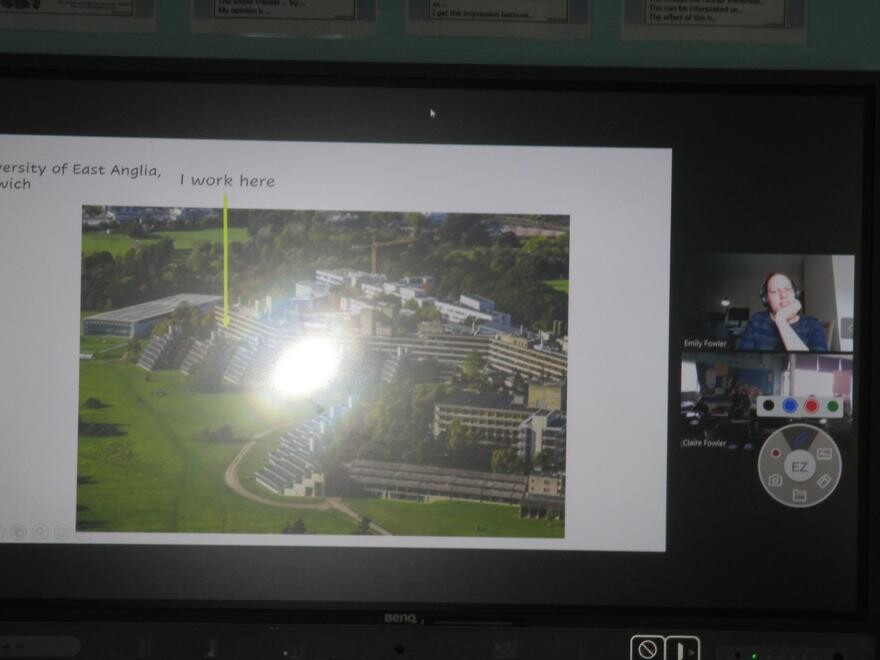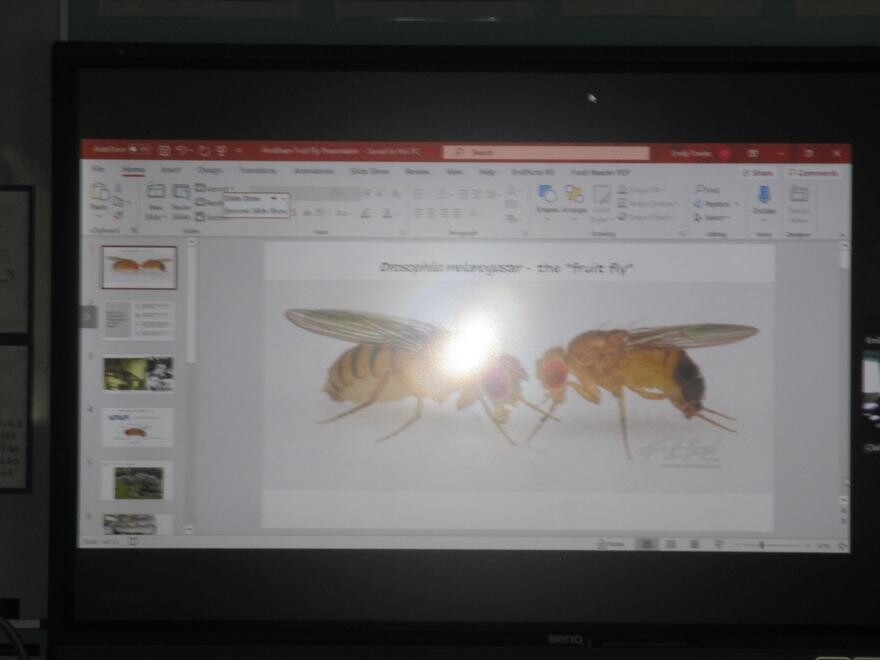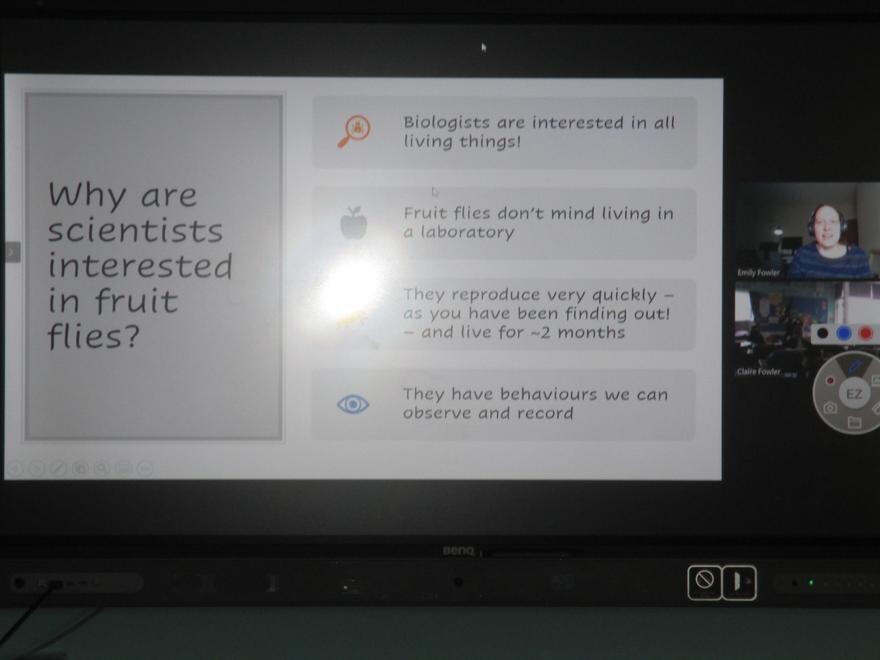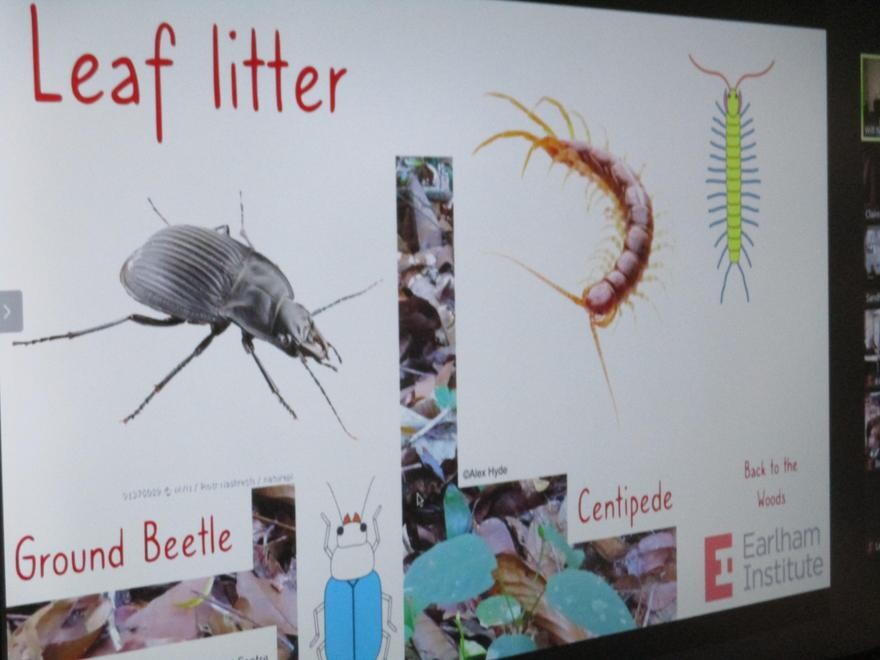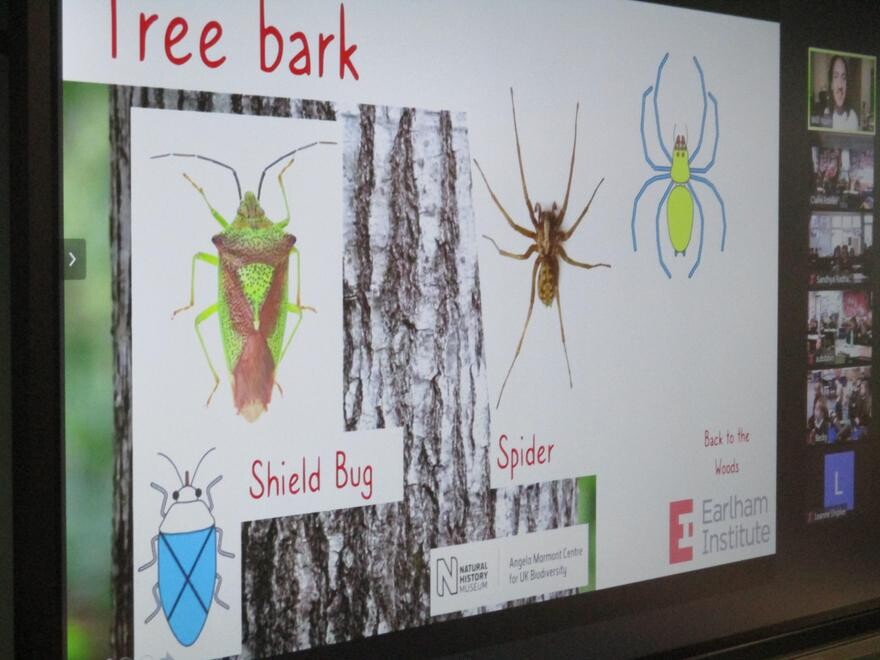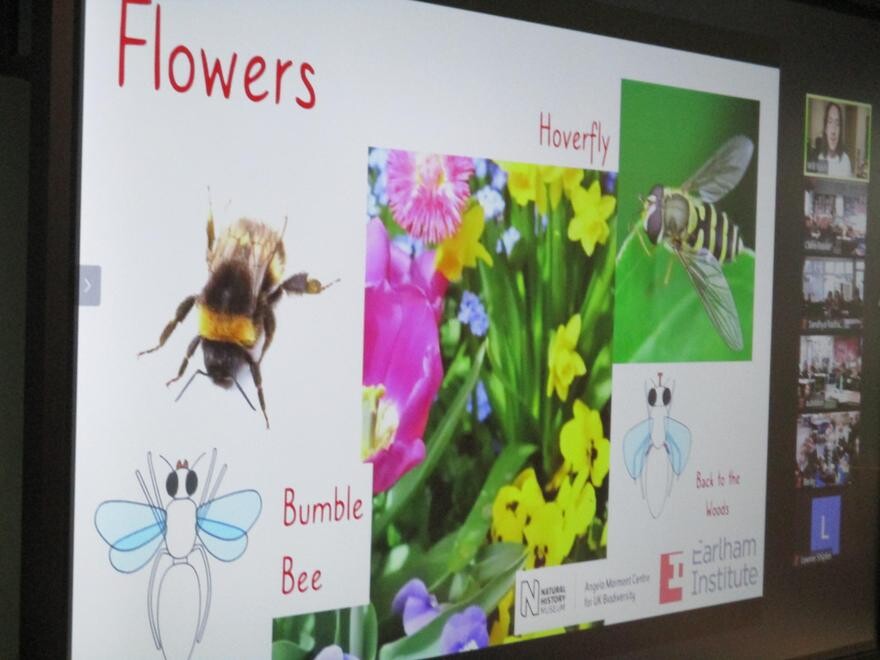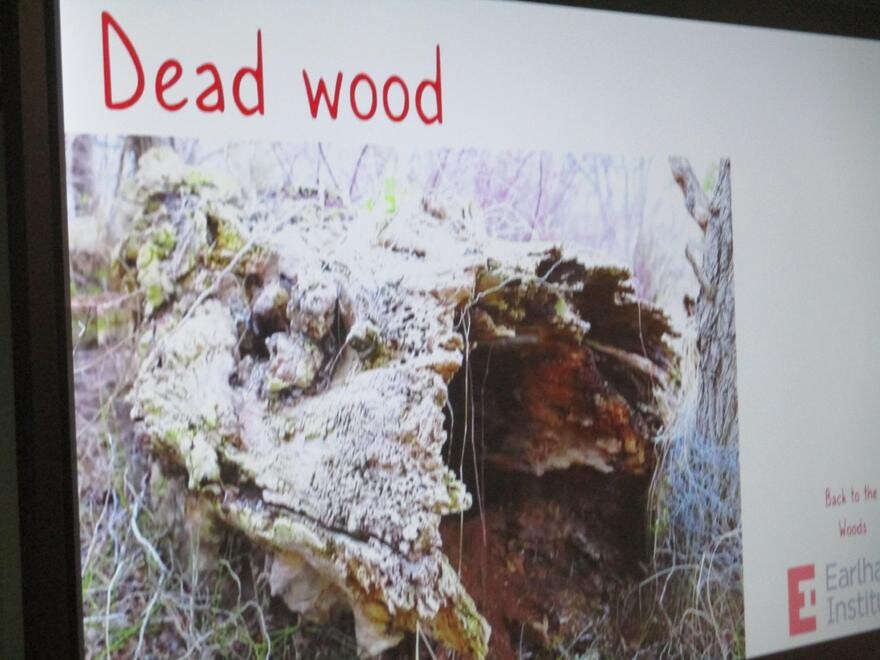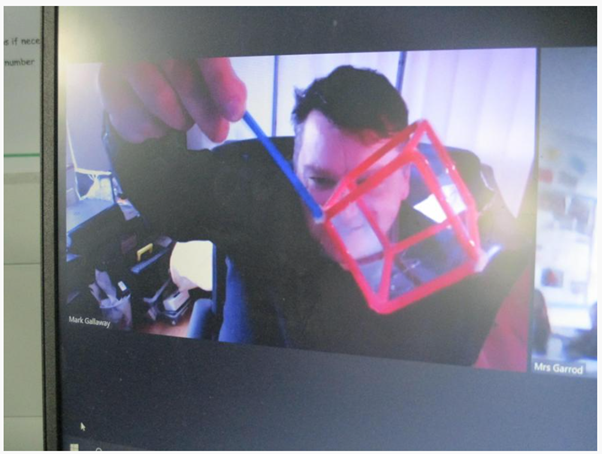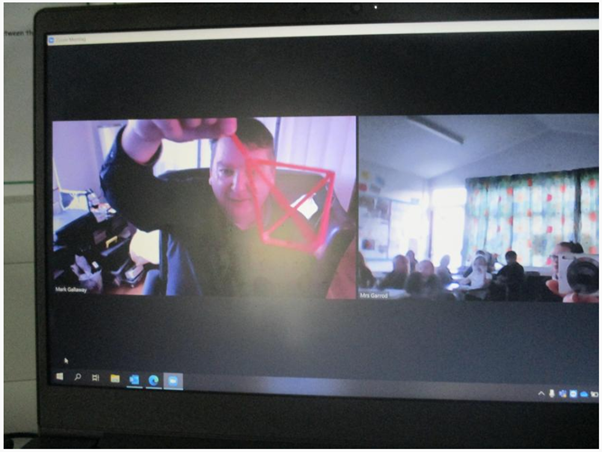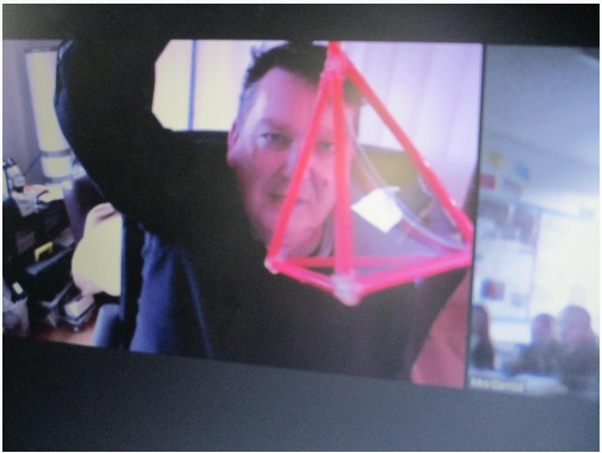Science Beyond the Classroom
Science Clubs
There are lots of science clubs running at the moment. Mrs Cross runs after-school clubs with Key Stage 1 and Key Stage 2 and aspiring (and current) science ambassadors are running a series of Crest Award Clubs at lunchtime. Please see below for some photos.
Citizen Science
The children in Hedgehog Class have been learning about water quality as part of their Eel project. A lady called Anne Carter (from the Freshwater Habitats Trust) came in to teach us about it. We learned how to test for nitrates and phosphates which are both bad for water quality. Some children tested the water from Mrs Fowler’s pond and the samples turned bright pink which means it was high in nitrates and phosphates, which is not good. We also tested the water from the school pond and found the water quality was better. This is probably because there are fish in Mrs Fowler’s pond and they are not good for water quality.
We also took DNA samples from the water from our pond which Dr Carter had analyzed – she told us that our pond is not very diverse so we need to work on building a better habitat for wildlife.
As well as that, we have been looking after eels for 2 weeks as a project. On Tuesday 5th July, we went to Mildenhall to release them in the River Lark. We played a fun game and looked at the animals in the river we released the eels in. We put all the animals we found back so that they could go back to their homes or their family.
Written by Kate and Eleanor
Photos from our Water Quality Day
Eel Project
Hedgehogs Class are involved in an exciting project connected to the European Eel, which is a species in danger of extinction. The eel population has declined by over 96% in the last 40 years, due to pollution and man-made barriers to its migration. The children have learned all about this threat and the way in which people can help. Ursula, who works for the Norfolk Rivers Trust, has helped us set up a tank in the classroom which contains 6 eels. We are caring for them for two weeks before releasing them in a local river. Below is a recount by one of the children about her visit:
On the 21/6/22 Ursula came from the Norfolk Rivers Trust to deliver our eels to us and explain the things that you must do to keep them safe and fed well. Tom was a Filmer, and he came along as well to interview some of the children on their thoughts of this project. We must do some things daily and some weekly and some extra bits as well. We need to feed the eels daily and also clean the tank. We need to change the water twice weekly.
A few interesting facts about eels:
The record eel was found in the Netherlands in 1996 and it was 7kg
Did you know that every time you have eels and you feed them they get more used to you?
By Thomas
A picture of the eels in their tank is below.
Release Day!
On the 5th July, we went to release our eels. Five had survived so we felt proud we had looked after them well. Ursula (from the Norfolk Rivers Trust) took us to the beautiful River Lark in Mildenhall where we let our eels go. We played some games to understand more about life cycles and we also visited the sluice upstream which is a good example of how man-made structures often act as life-threatening barriers to a wide range of migratory creatures.
We have greatly enjoyed this project and were delighted to have helped Ursula and her team highlight the dangers to these wonderful creatures.
2021-2022
Citizen Science: Bee Hotel
Year 5 and 6 are working with Dr. Will Nash from the Earlham Institute on a Citizen Science project. These are the aims:
Aims:
- Understanding national variation in pollinating insects
- The ‘where’ and ‘when’ of the bees coming to bee hotels
- How bee DNA might be different in different places in the UK
- Understanding the effect humans have on insects (domestication)
- Is using bee hotels changing bees from how they are in the wild
- Doing a preliminary experiment
- Working out how to do an experiment on a big scale by doing a small one
- Working with schools across the country to help lots of children become science champions
- Designing an activity that is fun for you to do and helps you learn
Dr. Nash wants to find out if Year 5 and 6 children can run these kinds of projects before he rolls it out nationwide. We feel confident we are up to the challenge!
Please check the Bee Hotel diary below to see how we get on...
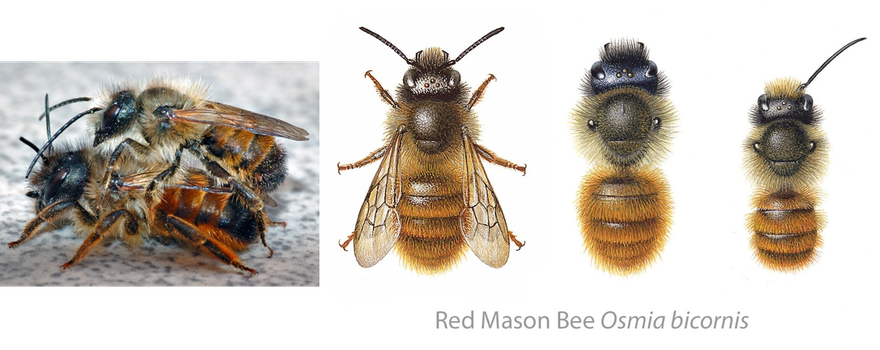
For the first week or so the weather was quite cold and not much was interested in the hotel. However, once it warmed up, the following started to happen (Diary entries by Y5 and 6):
10th May A few bees were buzzing around the hotel but did not go in. We think they were males
11th May Female bees entered the hotel and investigated tubes
13th May Two female bees entered 4 tubes
16th May One tube was sealed up which means the female has laid eggs. More female bees were seen entering the tubes backwards, which means they are laying eggs
17th May Two more tubes filled up
20th May A total of 6 tubes filled up
23th May 4 bees were buzzing around the area and six holes filled with mud and leaves there were none
24th May No bees were buzzing around today. Six holes filled with mud and leaves there were none
22nd June Bees flying around but not so many. Seven holes filled with mud and one with leaves which will be a different kind of solitary bee now making a nest! Please see photo below
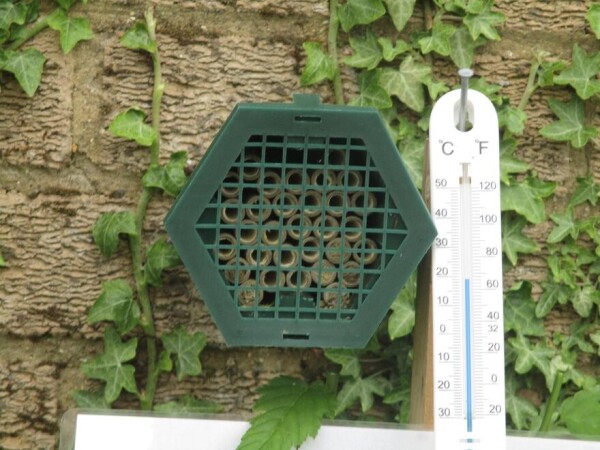
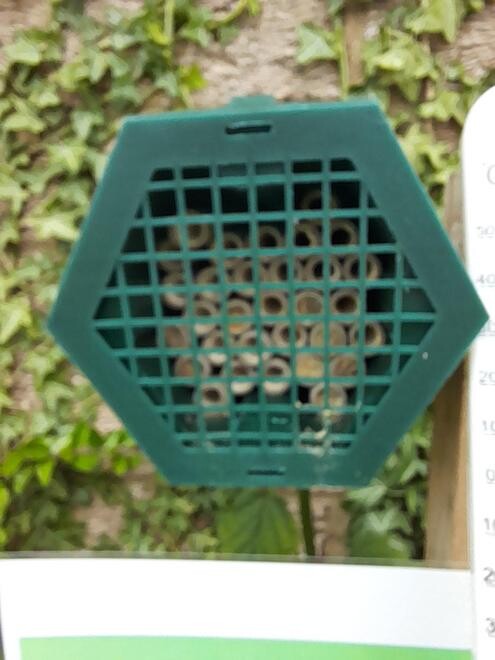
Robots
To enrich their learning, Hedgehog Class have been working with research scientists from B.T. on a Robot project. They learned about the amazing work B.T. do in designing and developing robots to carry out a wide range of tasks, including automated strawberry picking and then undertook to deign and make a model of a robot which could gather lava samples for geologists. Please see some pictures below:
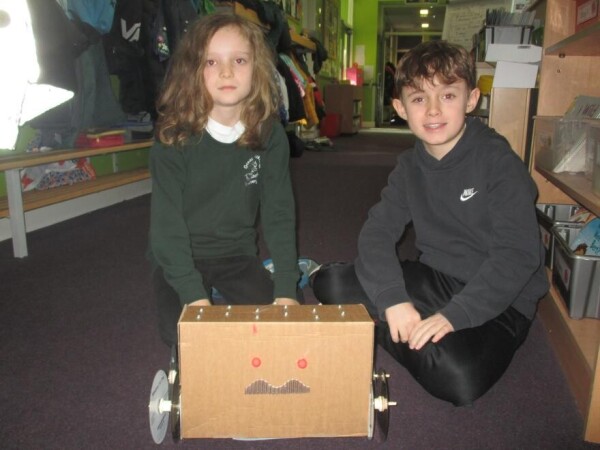
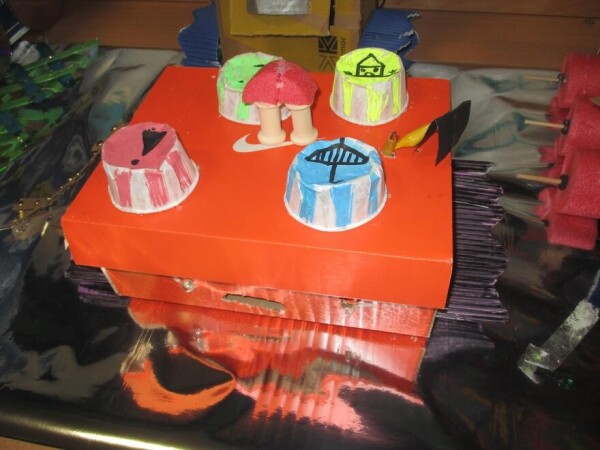
Plants
To enrich their learning on Plants, Owl Class had a zoom with an ecologist who worked with them to answer the question, "Why do we need trees?"
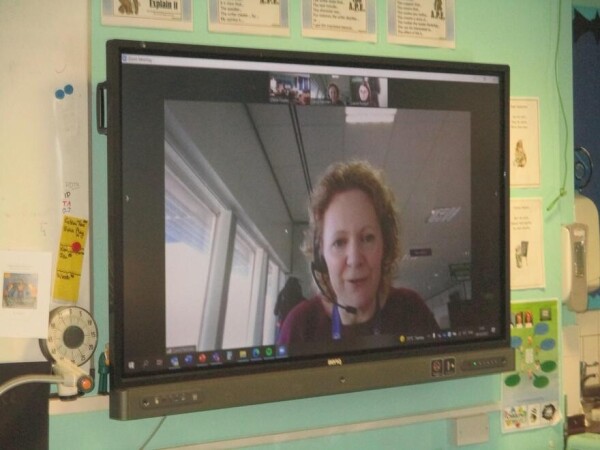
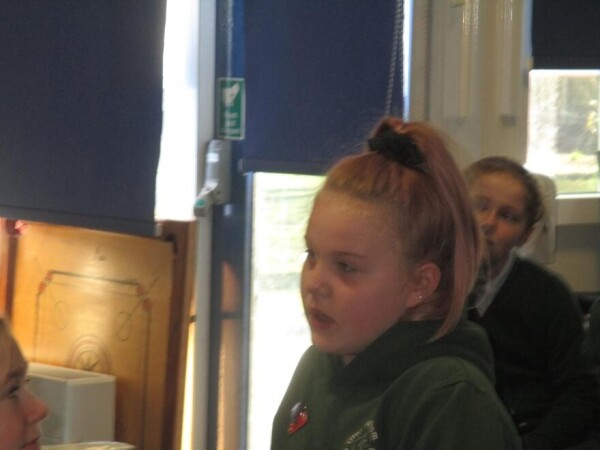
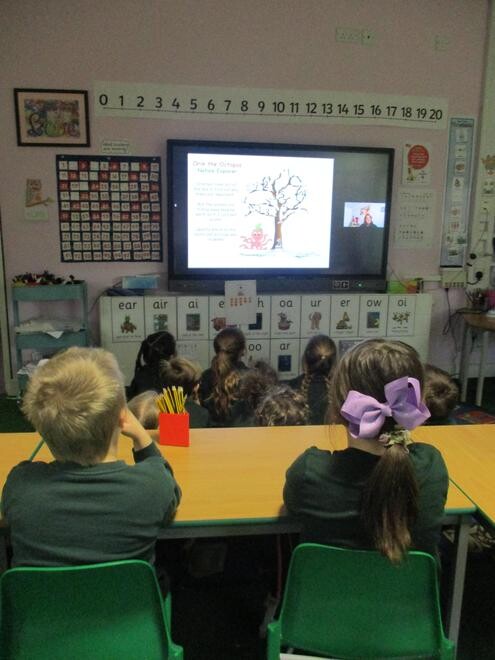
Wellcome Institute
Owl Class had a question at the end of their unit about growing: Why is Rocky taller than Walter, when Walter is older than Rocky? We asked two scientists from the Wellcome Institute - Em Dixon and Alex Steemers - to answer this question for them. They did a brilliant job, not only of answering the question, but also in telling the children about their work as scientists. See below for some pictures of the zoom.
Science and the Wider Community
Year 5 and 6 are working with an artist, Kate Munro, and three other schools to raise awareness of the challenges faced by farmers and scientists to maintain a balance between feeding an increasing population and maintaining biodiversity. We have focused on the barberry carpet moth and the problems with wheat rust. The children produced artwork which Kate Munro used to create a sculpture. See below for the beautiful sculpture she created, using our artwork as her inspiration. Lots of the children were very excited to see their designs transformed into the finished product. The sculpture is currently on display in the orchard and the ambassadors are giving talks about it morning and afternoons to parents and staff. We were extra excited to see that the place we chose to display it has wild wheat which you can see in some of the photos! The project is also linked with the Dippy the Diplodocus tour to be hosted at Norwich Cathedral from the 13th July as it highlights the vulnerable of nature to extinction.
The finished sculpture on display in our orchard
Owen, Reggie and George wrote about the project
